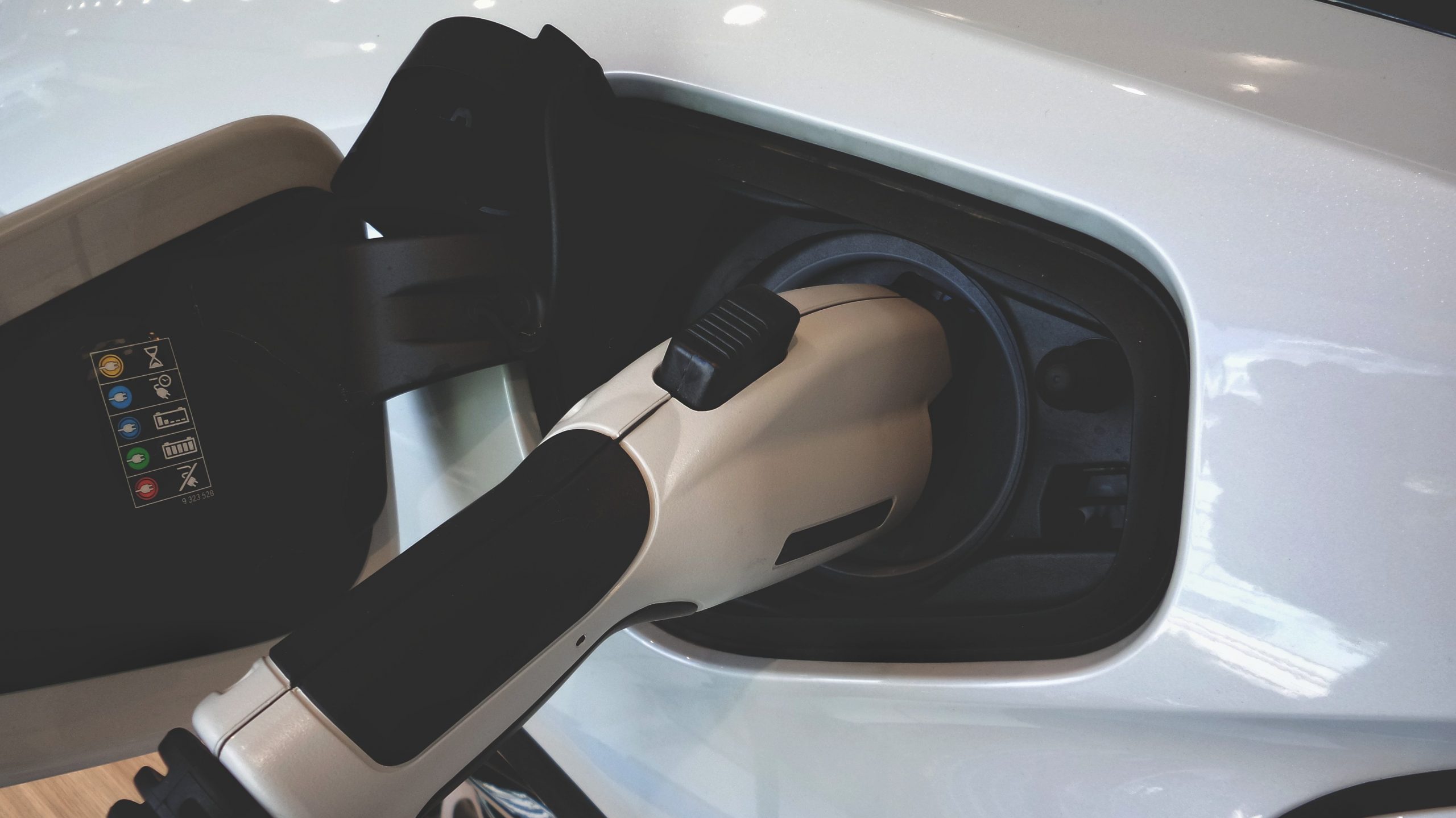As the US government tries to do away with Chinese dominance in the electric vehicle (EV) supply chain, new federal tax credit guidelines will come into place from January 1, 2024. The new rules under the US Inflation Reduction Act (IRA) are set to hit Tesla. The EV maker will lose up to USD 7,500 in consumer tax credit for its Model 3 Rear-Wheel Drive and Long Range vehicles.
Tesla put out a notice on its website, saying, “Tax credit will end for Model 3 Rear-Wheel Drive and Model 3 Long Range on Dec. 31, 2023 based on current view of new IRA guidance. Take delivery by Dec. 31 for full tax credit. Earlier in July, the automaker had said that its USD 7,500 federal tax credits for some Model 3 trims would be reduced but it did not elaborated on the reason at that time.
The latest guidelines form the US Treasury elaborate on new battery sourcing restrictions that will come into effect from the new year. EVs that have at least 50% of materials sourced from North America, or any of the countries that the US has free trade agreements with, will be eligible for a USD 3,750 tax credit. However, to be eligible for full USD 7,500 rebate, the vehicle’s batteries will need to have at least half of the components sourced from US, Mexico or Canada.


Even the raw minerals that go into making these components – lithium, nickel, cobalt, manganese, and graphite – will need to be sourced from the countries that the US has a free trade agreement with. The guidelines highlight the ‘Foreign Entities of Concern’ or FEOC, naming them as China, North Korea, Russia and Iran. EVs with battery components made or assembled by a company or subsidiary based in FEOC will not be eligible for the credit.
Certain other requirements are already in place and will continue to be in force come new year. The final assembly of the vehicle needs to take place in the US, Mexico, or Canada. The maximum sales price for sedans has been capped at USD 55,000 and for SUVs and light duty trucks, it is USD 80,000. To be eligible for tax rebates, buyers must meet certain income limits. Those excluded from the benefit are individuals making over USD 150,000 or couples making over USD 300,000.
Considering the latest guidelines, only 10 EVs are eligible for the full USD 7,500 tax credit, with Detroit Big Three dominating the list. Only two EVs from Tesla – Model 3 Performance and Model X – are a part of the list.
The federal tax credits allow dealers to apply an immediate discount on their EVs, making it easier for buyers to bring home a battery-powered vehicle. However, with new restrictions coming up, buyers in the US could move away from certain brands and models.

